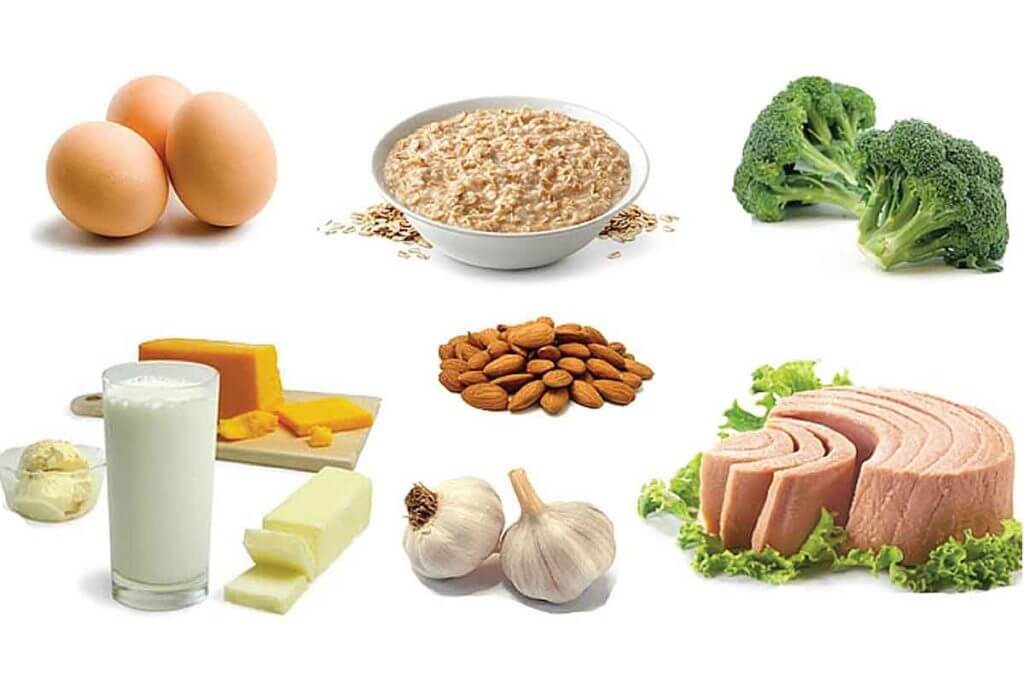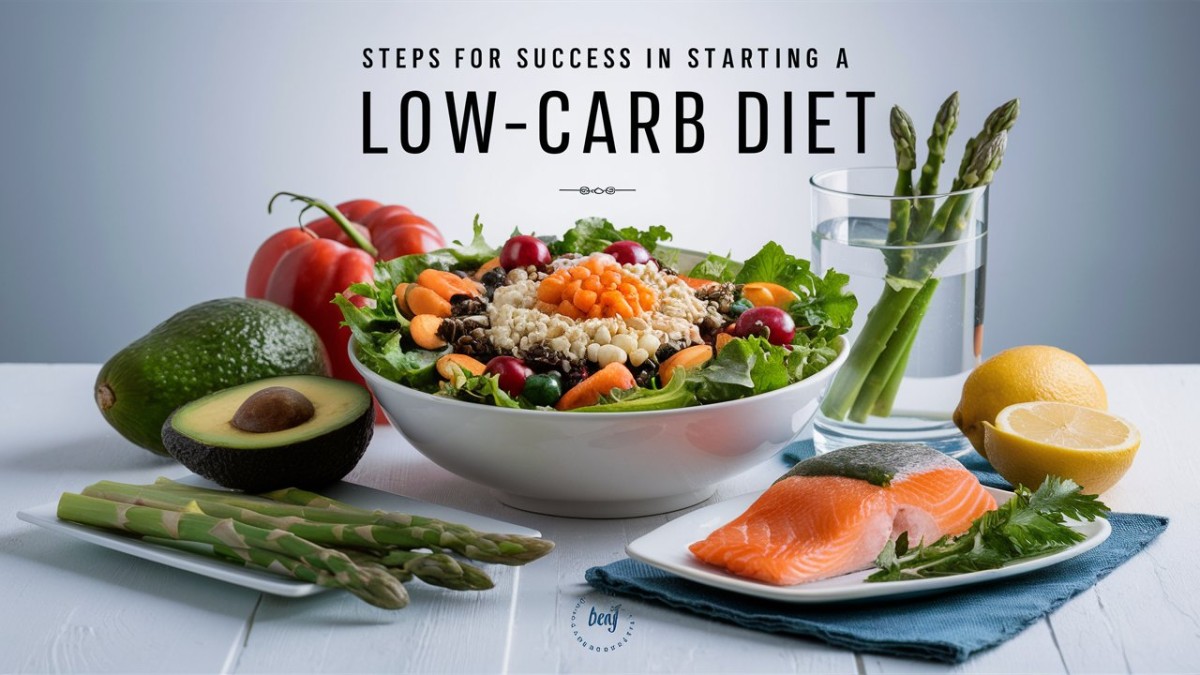Are you thinking of going for a low-carb diet?
But before going to that you need to have an idea of the basic steps that will help you to succeed in a low-carb diet.
Want to know what are the steps for success while starting a low-carb diet?
If you are trying to lose weight and eat healthier, a low-carb diet plan is the one for you. By, starting a new dietary routine requires proper planning and execution. The essential steps for starting and maintaining a low-carb diet successfully are given below:
Low-carb diet:
 So before the steps for success, you need to understand what the low-carb diet is, the diet that limits the intake of carbohydrates such as sugars and starches by increasing the incorporation of foods that have high protein content and fat content. There are different types of low-carb diets such as the ketogenic diet, Atkins diet, paleolithic diet, and the Mediterranean diet, all of these have their eating formats and benefits that help individuals gain their unique health requirements.
So before the steps for success, you need to understand what the low-carb diet is, the diet that limits the intake of carbohydrates such as sugars and starches by increasing the incorporation of foods that have high protein content and fat content. There are different types of low-carb diets such as the ketogenic diet, Atkins diet, paleolithic diet, and the Mediterranean diet, all of these have their eating formats and benefits that help individuals gain their unique health requirements.
Basic steps for success in low-carb diet:
Step 1-Know the difference between low-carb and high-carb foods
◆As the name suggests, the foods should be low in carbs which is the key factor for success in a low-carb diet. So it's the basic requirement for you to understand the difference between low-carb and high-carb foods.
◆So the low-carb foods that you can include are non-starchy vegetables such as leafy green vegetables, broccoli, cauliflower, berries, nuts, seeds, and high-protein foods.
◆Now let's understand the foods that are high in carbs that need to be avoided. The foods high in carbs that should not be included in a low-carb diet are bread, pasta, rice, sugary snacks, and starchy vegetables like potatoes and corn.
Step 2- Include proteins
 ◆ As you are avoiding foods high in carbs, you should be including foods that are high in proteins because they are most helpful for muscle repair, growth, and overall body functioning. As proteins are highly nutritious they need to be included as you are reducing carbs. Also, they give you a filled appetite by reducing your craving for unhealthy foods.
◆ As you are avoiding foods high in carbs, you should be including foods that are high in proteins because they are most helpful for muscle repair, growth, and overall body functioning. As proteins are highly nutritious they need to be included as you are reducing carbs. Also, they give you a filled appetite by reducing your craving for unhealthy foods.
◆You can choose lean protein sources such as chicken, turkey, lean beef, fish, eggs, and plant-based proteins like tofu and tempeh for a fully-fledged low-carb diet.
Step 3- Incorporate healthy fats
◆Coming to the third step it's the incorporation of healthy fats because they help you with a variety of benefits such as providing energy and promoting brain health the crucial role is it helps with the absorption of fat-soluble vitamins like A, D, E & K.
◆Want to know what are the healthy fat options, here are the best options: avocados, nuts, seeds, olive oil, coconut oil, and fatty fish like salmon.
Also, read Low-Carb Indian Diet: Top Low-Carb Foods
Step 4- Calorie-free beverages
 ◆ Drinking plenty of water and staying hydrated is highly essential to maintain your overall health. Make sure that you choose beverages that are calorie-free and avoid sugary beverages that are high in calories.
◆ Drinking plenty of water and staying hydrated is highly essential to maintain your overall health. Make sure that you choose beverages that are calorie-free and avoid sugary beverages that are high in calories.
◆8 glasses of water should be made mandatory every day, along with that you can include herbal teas and black coffee, which are great calorie-free options. Avoid sugary drinks and artificial sweeteners as they are known to increase the risk of chronic health issues.
Step 5- Eat every 2-3 hours
◆Eating heavy meals all at a time can bring many digestive issues near you, so have smaller, frequent meals that will best help you regulate blood sugar levels, boost your metabolism, and prevent hunger issues.
◆Now you may have doubts about what should I include. You can include low-carb snacks like nuts, seeds, cheese, and vegetable salads.
Read more on diet
End note:
So, if you are someone who wants to start on a low-carb diet, understand the basics of a low-carb diet, and its key factors and these steps for success will help you to plan the diet plan accordingly. Do consult with your dietician who can guide you with a suitable meal plan for a successful and healthy low-carb diet for your health concerns.
